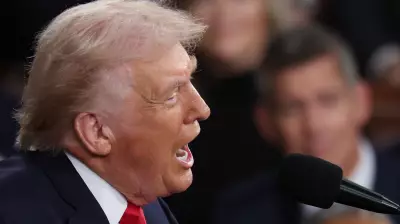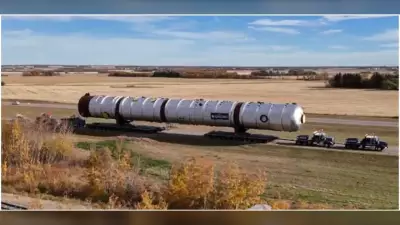
Global energy technology leader Schneider Electric has taken center stage at the 30th United Nations Climate Change Conference (COP30) in Belém, Brazil, presenting a practical roadmap for industrial transformation that could position Brazil as a world leader in low-carbon development.
Brazil's Strategic Advantage in Climate Action
During the conference opening on November 11, 2025, Schneider Electric's Chief Sustainability Officer Esther Finidori emphasized that COP30 represents a critical turning point for global climate action. Ten years after the Paris Agreement, we now have the tools and global imperative to move from pledges to progress, Finidori stated, highlighting how the combination of electrification and digital intelligence can unlock a faster and fairer transition.
A groundbreaking report from Schneider Electric's Sustainability Research Institute, developed in partnership with the Brazilian Ministry of Development, Industry, Trade, and Services, reveals Brazil's unique potential to lead global industrial transformation. The research identifies several strategic advantages, including the country's clean and diversified energy matrix, significant green hydrogen potential, abundant natural resources, and crucial role in ecosystem preservation.
Workforce Transformation for a Green Economy
In a significant development for employment, new analysis from Schneider Electric and consultancy Systemiq projects the creation of up to 760,000 new bioenergy jobs by 2030, establishing Brazil as a global renewable fuels powerhouse.
The report titled Shaping Brazil's Workforce for a De-fossilized Economy emphasizes the urgent need to train and reskill approximately 450,000 professionals in automation, electrification, and carbon traceability. The study proposes a comprehensive three-phase action plan that combines technical training, improved data integration between corporations and government, and structural educational reforms.
Progress and sustainability are not opposing paths, explained Rafael Segrera, President of Schneider Electric for South America and Chair of the Green Jobs and Skills working group. At Schneider Electric, we believe the combination of electrification and digitalization is what enables ambition to be transformed into real impact.
Comprehensive Participation in Climate Dialogues
Schneider Electric is actively participating throughout the COP30 agenda, with multiple high-level panels and strategic conversations scheduled in the Confederation of National Industry space within the Blue Zone.
The company's engagement includes a fireside chat on how emerging countries can lead planetary sustainability, featuring Manish Pant, Vice President of International Operations, and Esther Finidori. Additional panels will cover climate governance in financial markets, green skills development, industrial decarbonization strategies, local solutions with global impact, and sustainable data center infrastructure.
The research initiative is structured in three phases, with subsequent phases to be released throughout COP30. These will provide detailed recommendations on industrial policies, electrification strategies, and scenarios for achieving carbon neutrality in Brazilian industry, reinforcing the importance of combining innovation, competitiveness, and environmental responsibility.






